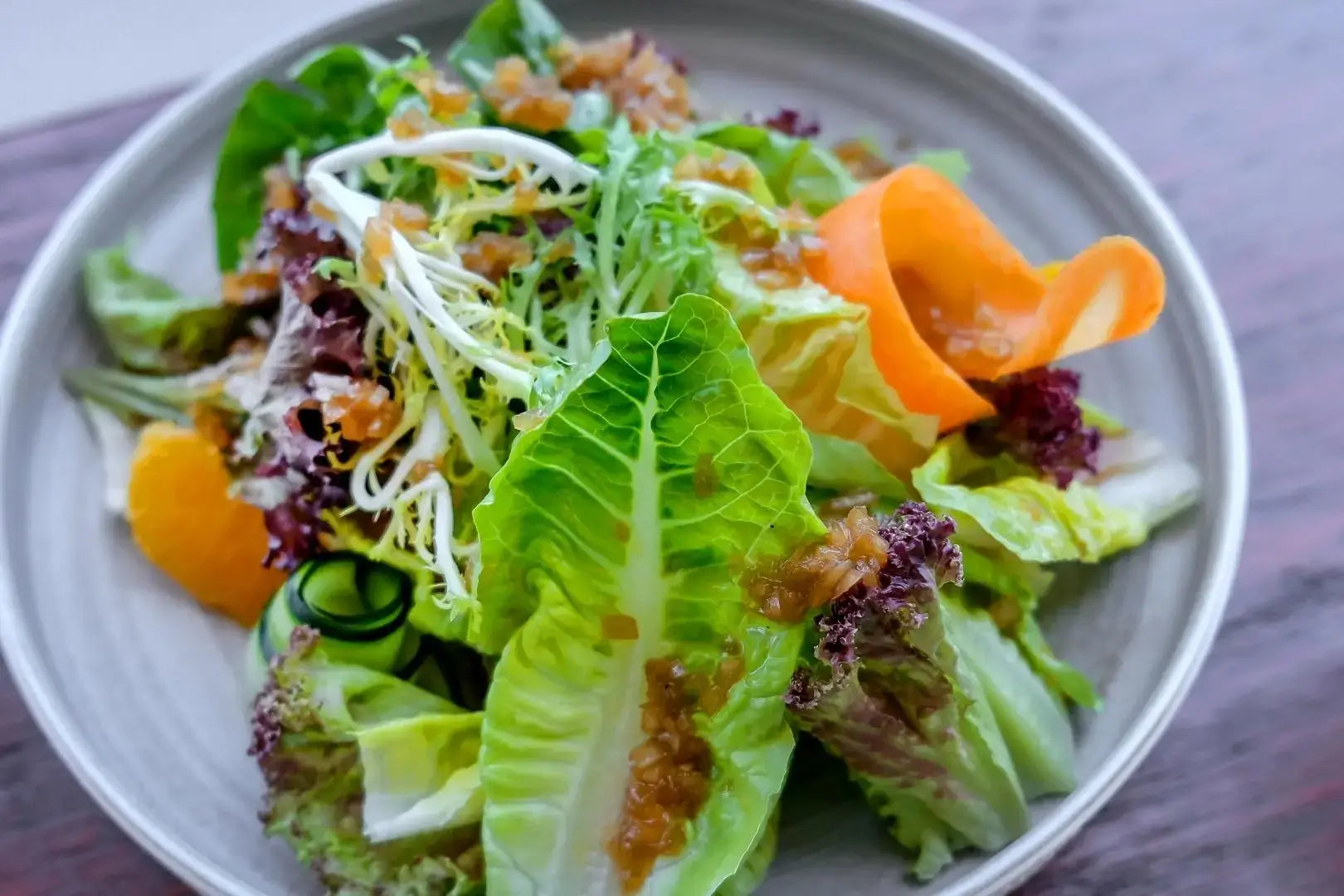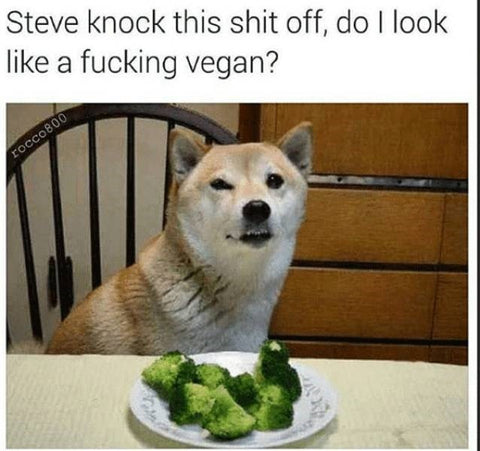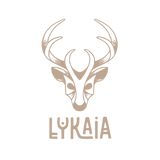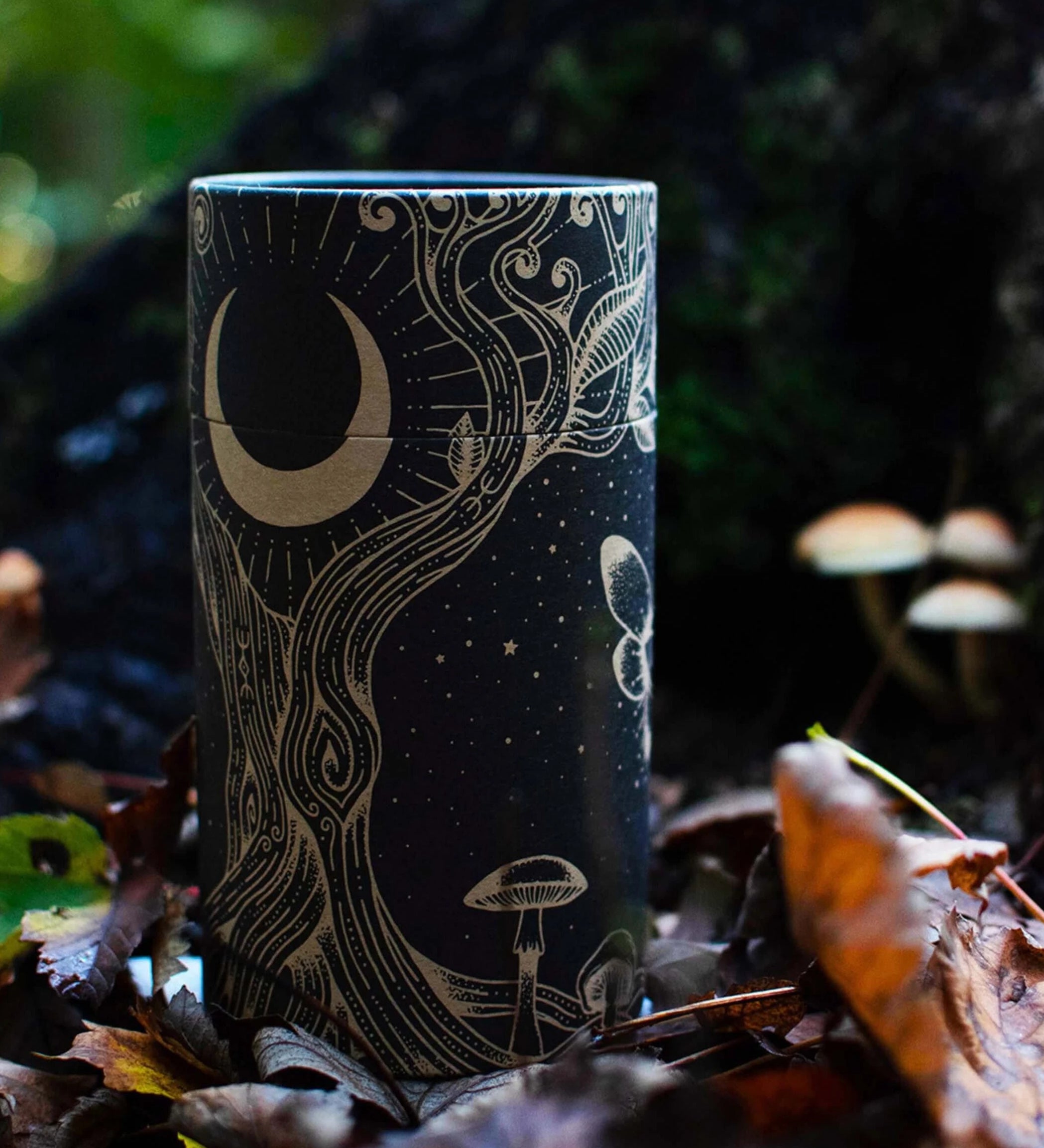Is a vegan diet healthy?

Because I followed a vegan diet for a year, I can answer this not only based on scientific results, but also from my own experience.
Exclusively vegan diet and its influence on health
But let's start with the scientific findings: All you have to do is look at the self-tests of various people who had their own blood values and body composition examined before and after following a vegan diet for several weeks.
As an example, the radiologist Dr. Raj Attariwala, who, among other things, took part in a 4-week vegan diet with 8 other people. "I'm a skinnier, fatter guy than I was before." was not only his result, but also that of 7 others, out of a total of 8 participants. He lost weight, but mostly muscle, and even gained visceral fat. Why? Because his body had 4 incredibly hard weeks trying to supply itself with essential amino acids. If these are missing from your diet, your own muscles will be exhausted. And unfortunately, vegan proteins do not have the high-quality amino acid profile of animal proteins.
There's no second opinion here. This is pure, simple and proven science.
I also followed a vegan diet - I had this personal experience in 2014 to 2015
My self-experiment:
At first, of course, euphoric and obsessed with the new "I'm vegan" trend - "Let's search the city for vegan cafes, I'm part of the vegan community" and "Meat disgusts me". People like to assign themselves to a group, shared views strengthen the feeling of community and belonging - here it was the soybean meal.
Unfortunately, at the time I didn't question or research in depth what a purely plant-based diet would do to my body in the long term.

I bought vegan substitute products such as "like chicken", soy slices or vegan sausages. These products in particular are often the biggest waste that the supermarket has because they consist of highly processed and pressed soy or wheat gluten. With plenty of flavor enhancers, e-substances and Sugar is pressed into meat-like shapes, which puts an extreme strain on our bodies.
Critical nutrients in the vegan diet - the side that people prefer to keep secret from you!
Vitamin B12 in the vegan diet - my experience:
After six months (more or less surprisingly) I developed a vitamin B12 deficiency and intestinal problems due, among other things, to the high proportion of lectins in my diet. I remember laying on the sofa with the flu and craving nothing more than Mom's homemade chicken soup. Here I asked myself again for the first time whether it was justified to demonize all animal products. My body longed for it because it probably would have liked the healing enzymes in chicken broth to repair itself during the flu phase.
Proteins and especially essential amino acids in the vegan diet:
But for a few more months I denied my body animal proteins. That was stupid - looking back - because my health wasn't good and when it came to body composition, I was almost skinny fat back then. At least I didn’t have a six-pack. However, I must also say in fairness that I cannot attribute my body composition back then to diet alone, as I only started intensive strength training after my vegan phase. When I started strength training, I dropped my vegan beliefs and informed myself instead of being inspired by trends.
The learning effect: Eating balanced - purely vegan is problematic!
I learned that quality is more important than a categorical avoidance of animal products.
If you want to eat a completely vegan diet, you will probably have to count on a few extra kilos
In the long term, your body has difficulty extracting all the amino acids from plant foods. As a result, you end up eating more calories than you burn to meet your protein needs (this may not always be the case, but it is quite likely).
You can find more information about vegan protein sources in this article.
In addition, supplementation with missing vitamins is almost necessary if you don't want to eat sauerkraut every day in order to cover your B12 budget (and B12 is only mentioned here as an example, because there are usually far more vitamins and amino acids missing). So how healthy is a diet that requires additional supplementation and gives you a little extra visceral fat?
Why do so many people report that they suddenly feel so good with a vegan diet and are now healthier than ever before?
Cruelting animals and What The Health? Surely everything they say can't be bullshit? Like Attila Hildmann, for example, who now turns his noodles out of zucchinis and makes animals out of the tofu block. Well, it's actually not surprising when someone (like Attila Hildmann, for example) comes from a fast food diet with a lot of processed, fatty, low-quality meat and dairy products and suddenly starts replacing the snack sausage with lettuce wraps - it's plausible that this is an upgrade to their previous diet and his body suddenly gets many more nutrients and vitamins from vegetables than just wheat and white sausage. The next upgrade is with wild salmon, organic eggs and bone broth.
Here you will find a few tips that will make it easier for you to start eating a healthy diet.
When I finish this, the question often comes up: What do you think of the Carnivore Diet? What if I only eat meat? Hell no, from one extreme to the next, we're not rabbits, we're not lions either.
Not only are they completely different anatomically from our gastrointestinal tract, but they also have completely different intestinal bacteria and which person would have previously lived exclusively on meat? How is that supposed to work? Make a catch every day and eat fresh deer steak 4 times a day? Absolutely unfeasible because of the durability alone, unless perhaps you live in ice like the Inuit and everything you catch freezes instantly from under your fingers.
Even the Inuit looked for potatoes to provide themselves with some carbohydrates. The resistant starch in certain carbohydrate sources is actually essential for the functioning and survival of our intestinal bacteria.

So keep it simple, keep it natural.
It's not for nothing that "Eat wild, perform best" fits me so well, whereby "wild" stands for "as unprocessed and varied as possible". As nice as they sound, I'm "vegan, paleo, carnivore, keto" on the go, how about balanced ? For me, balanced means that I sometimes eat my oatmeal with goat casein, sometimes with lupine protein and sometimes just not at all.
What does it mean to you to eat a balanced diet? Have you had any experience with a vegan diet? If so, what are yours? How many years have you lasted? Most vegans break down after 5-6 years. By then, at the latest, the burden of the one-sided diet is too great on the body.
I'm happy about your experiences!
Your Lykaia team
Jana Baltscheit
0 comments






